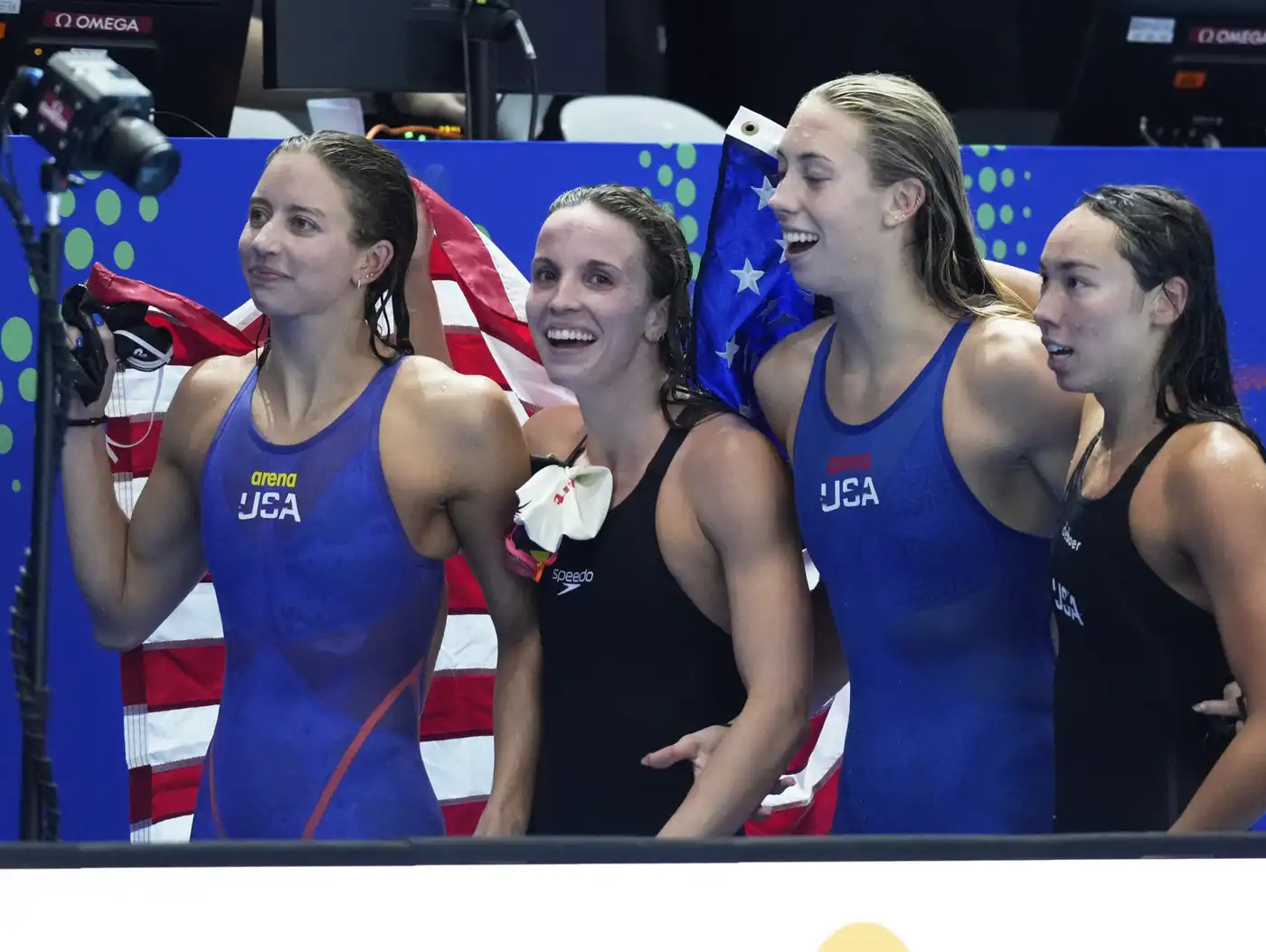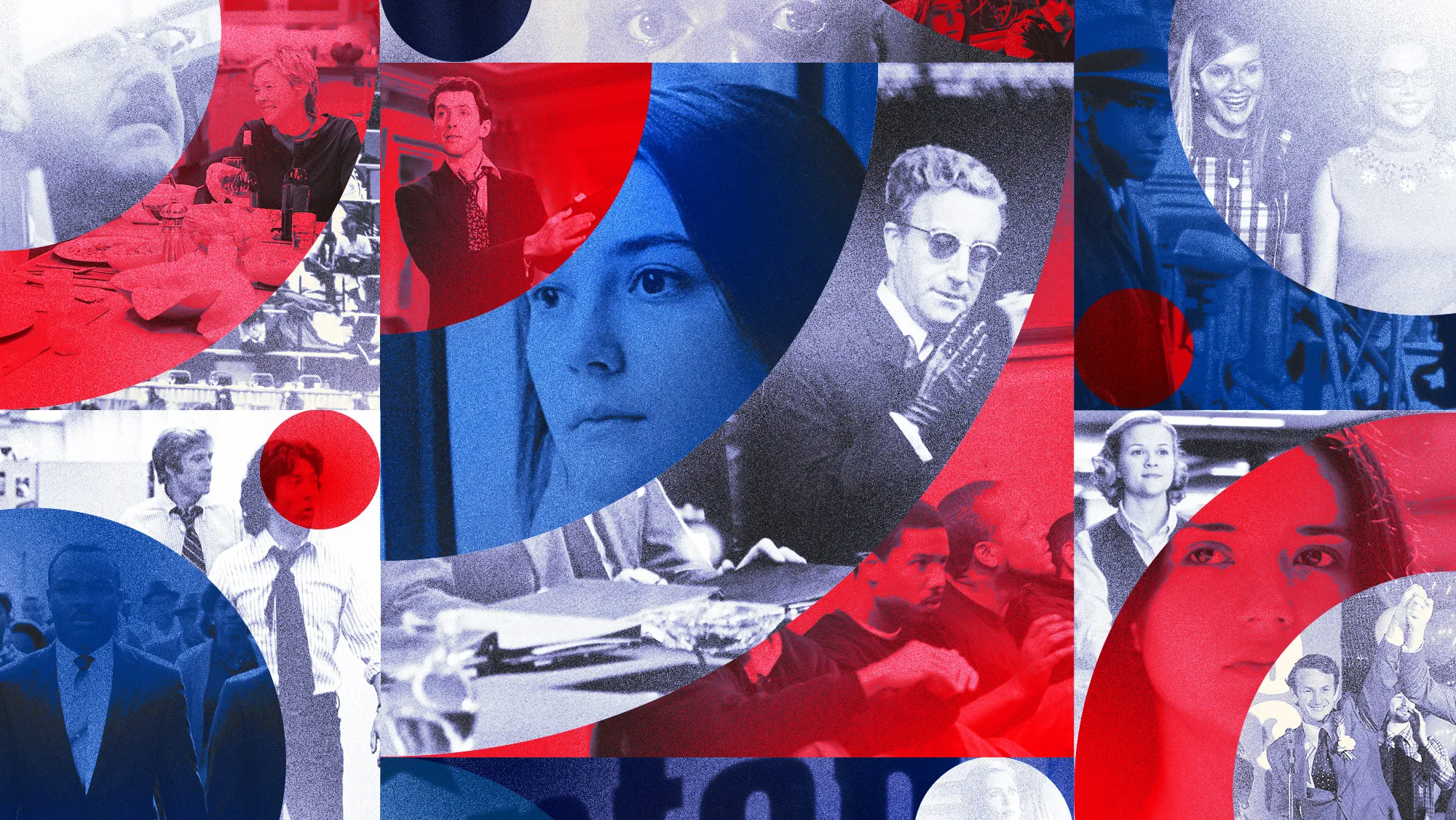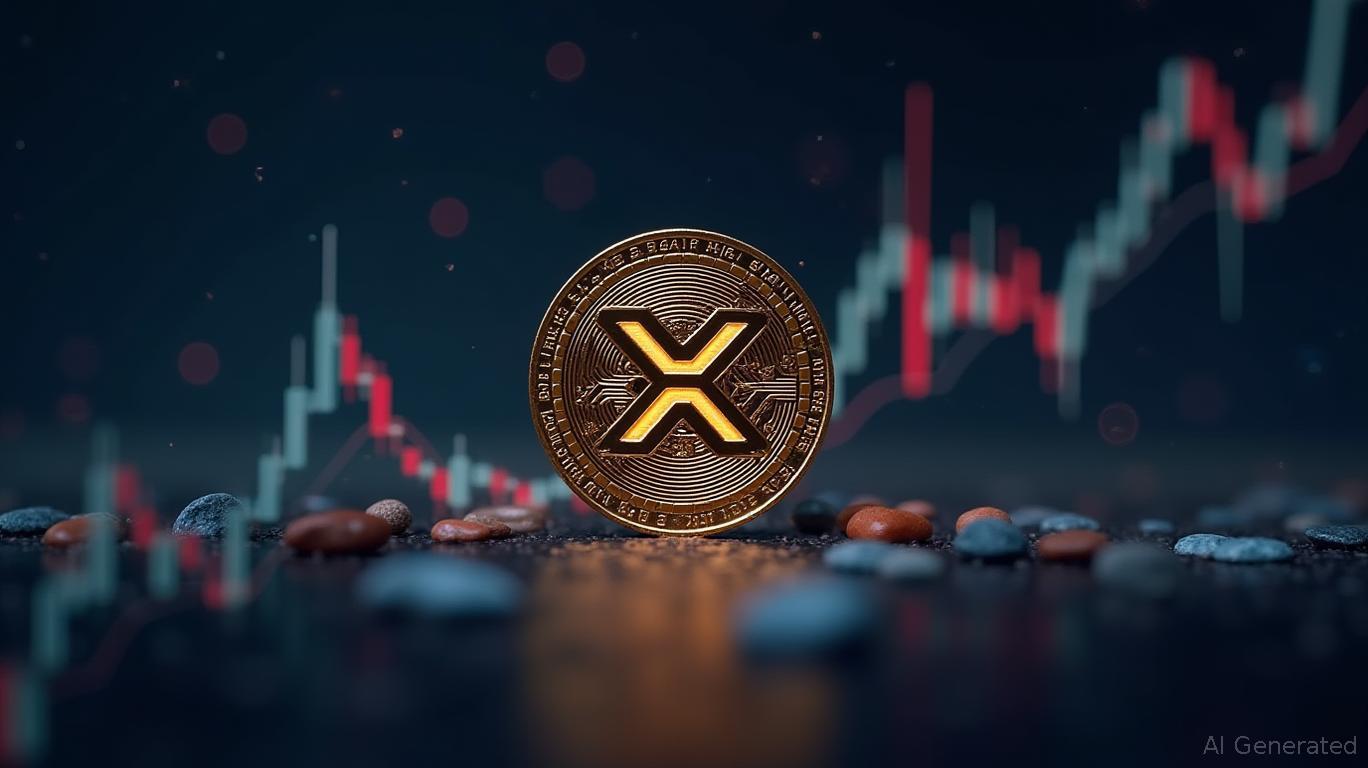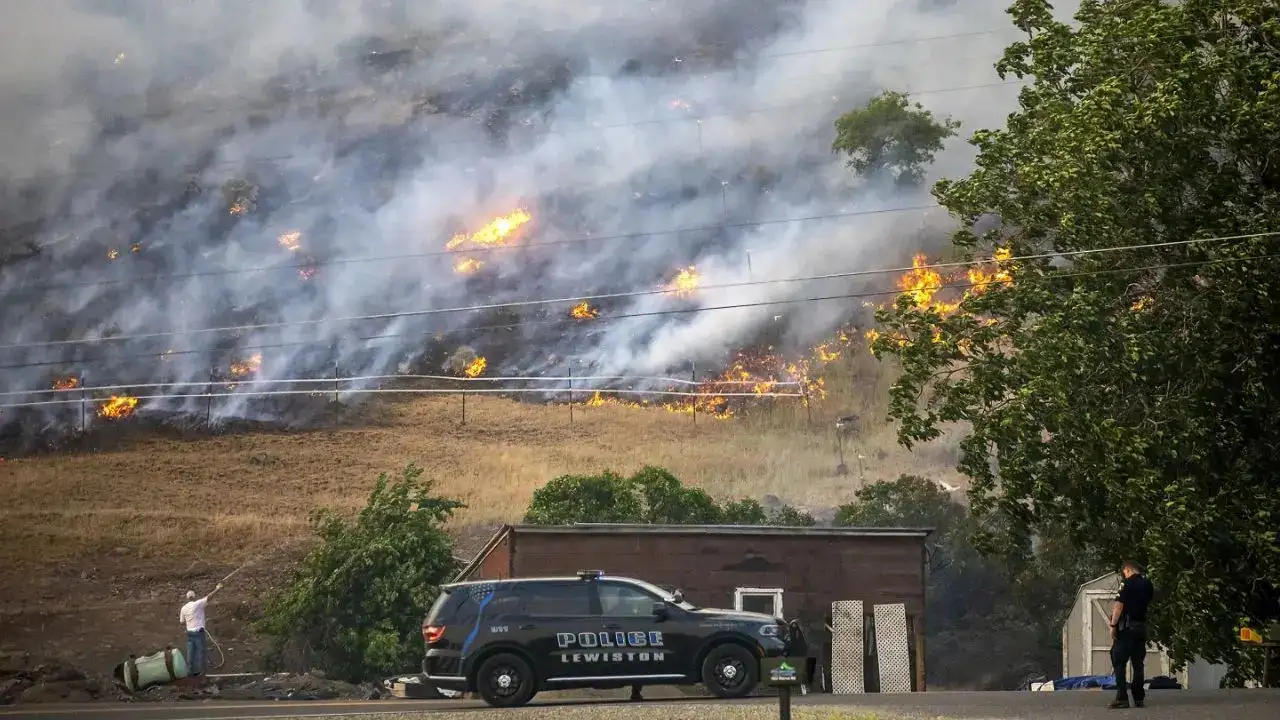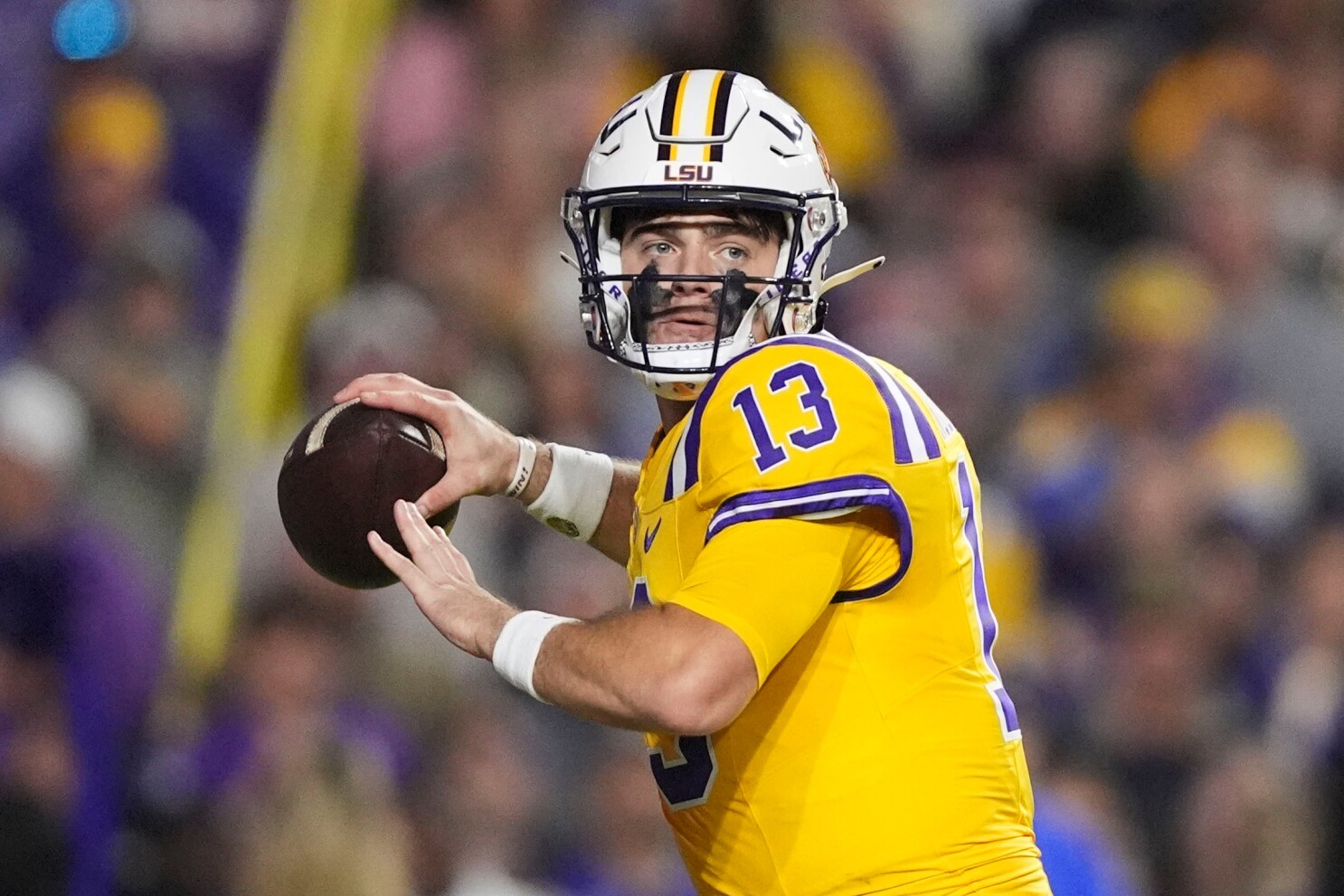
The Rising Tensions in College Athletics and NIL Collectives
The domain of college sports has recently found itself embroiled in a complex controversy involving NIL (Name, Image, and Likeness) collectives and their core business activities. While NIL deals are intended to empower college athletes financially, a growing dispute centers around whether these collectives are operating with a **‘valid business purpose’** or merely serving other motives that could potentially threaten existing collegiate sports settlement agreements. The conflict raises fundamental questions about the future of college athletics, the legal boundaries of NIL-related activities, and the ethical considerations surrounding the commercialization of amateur sports.
The Heart of the Dispute: Defining a ‘Valid Business Purpose’
At the core of the current controversy lies a critical legal and ethical debate: **What constitutes a ‘valid business purpose’** for NIL collectives? Traditionally, collectives formed to support student-athletes’ NIL opportunities aim to enhance athletes’ exposure, foster community engagement, and facilitate legitimate marketing collaborations. However, some entities have expanded their operations into areas that blur the line between authentic support and profit-driven schemes, leading to scrutiny from regulators and sports governing bodies.
**The argument that threatens the stability of college sports settlements** revolves around allegations that certain NIL collectives are primarily motivated by financial gain rather than authentic athlete support. Critics argue that these entities may be engaging in practices that resemble professional sports organizations more than educational institutions, thus risking the integrity of amateur athletics.
The Legal and Regulatory Perspectives
According to a recent report by U.S. News & World Report, there is rising concern among legal experts, athletic associations, and university administrations about the legitimacy of some NIL collective ventures. The report emphasizes that if NIL collectives are found to operate without a **‘valid business purpose,’** it could jeopardize ongoing and future college sports agreements and settlement frameworks designed to maintain fairness and amateurism.
The primary issues include:
- Questionable financial motives: Are collectives driven mainly by profit rather than athlete support?
- Potential violation of NCAA rules: Do certain activities breach regulations intended to preserve amateur sports integrity?
- Legal accountability: Could some collectives be classified as improper commercial entities with motives that undermine collegiate athletics?
This context indicates a pivotal moment for sports regulators to enforce clearer guidelines and ensure NIL activities align with their foundational purpose—supporting athletes without compromising the integrity of college sports.
Impacts on College Sports and Settlement Agreements
The tension around the legitimacy of NIL collectives threatens to destabilize the foundational agreements that govern college athletics, including various **settlement arrangements** intended to protect the amateur status of student-athletes and uphold fair competition.
**Key potential consequences include:**
– **Legal challenges** to ongoing NIL campaigns and collector ventures.
– **Restricted NIL opportunities** for athletes if courts or regulators deem certain activities unlawful.
– **Reassessment of NCAA policies** to strictly define permissible activities related to NIL collectives.
– **Erosion of trust** among universities, athletes, and spectators regarding the fairness of college sports.
The allegations and subsequent investigations could also trigger a domino effect, prompting reforms that may tightly regulate or even restrict NIL activities, influencing the broader ecosystem of college athletics.
Stakeholders’ Perspectives and Future Outlook
The controversy over ‘valid business purpose’ is not merely a legal dispute but also reflects differing perspectives among stakeholders:
– University Administrators and NCAA Officials emphasize the importance of safeguarding the integrity and amateurism of college sports. They advocate for transparent, purpose-driven NIL activities that benefit athletes without commercial exploitation.
– NIL Collectives argue that they are essential for providing athletes with opportunities for independence and financial support—viewing their operations as vital pioneers in a new era of collegiate athletics.
– Legal and Regulatory Bodies seek to establish clear boundaries and enforce compliance, wary of unchecked commercialization that could undermine the essence of college sports.
Looking ahead, the outcome of this dispute could significantly influence legislation, NCAA policies, and the structure of NIL collectives. Courts and regulatory agencies may impose stricter standards to demarcate legitimate business activities from profit-driven schemes that threaten existing agreements and athlete protections.
Conclusion: Navigating the Future of NIL and College Athletics
As the debate over ‘valid business purpose’ unfolds, the future of college sports hangs in the balance. Ensuring that NIL collectives operate within legally and ethically sound frameworks is crucial to preserving the spirit of amateur athletics while promoting fair opportunities for student-athletes.
**In summary:**
The core challenge is finding a balanced approach that allows athletes to benefit financially while maintaining the integrity and fairness of collegiate sports. The ongoing controversy underscores the need for clearer regulations, greater transparency, and a collective commitment to the core values of education and sportsmanship.
As stakeholders continue to grapple with these issues, one thing remains certain: the landscape of college athletics will continue to evolve, influenced heavily by legal interpretations and regulatory decisions related to NIL activities.
For more updated news please keep visiting Prime News World.


